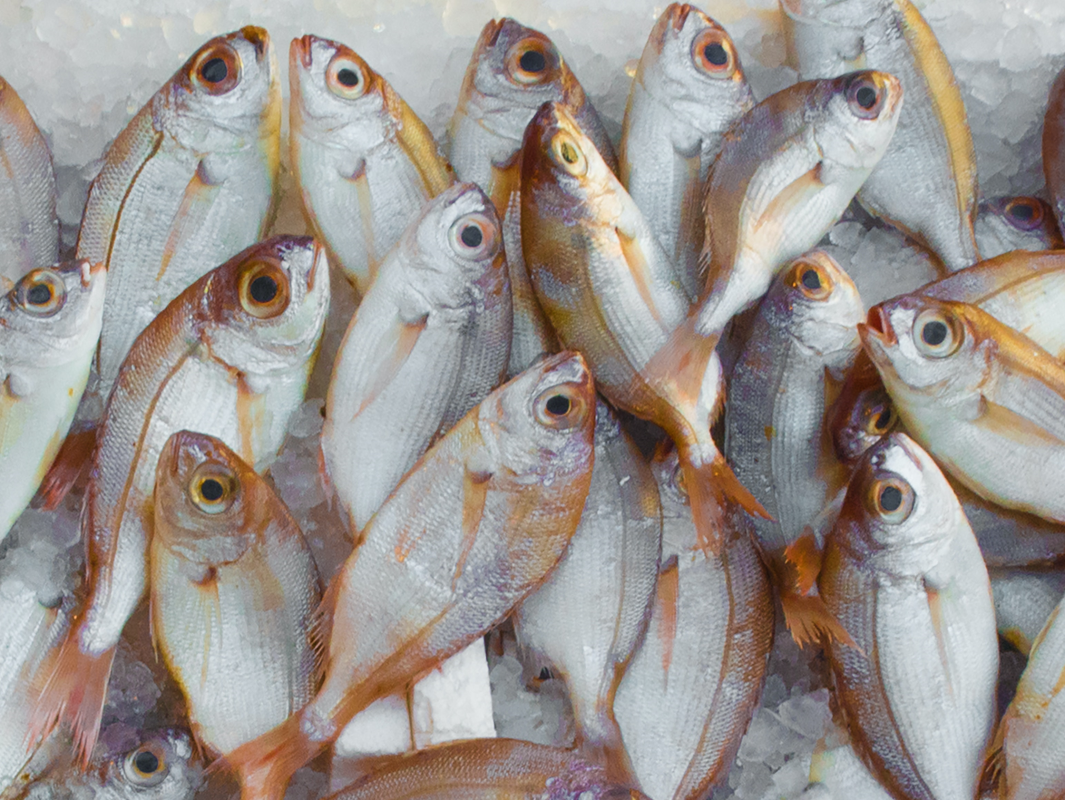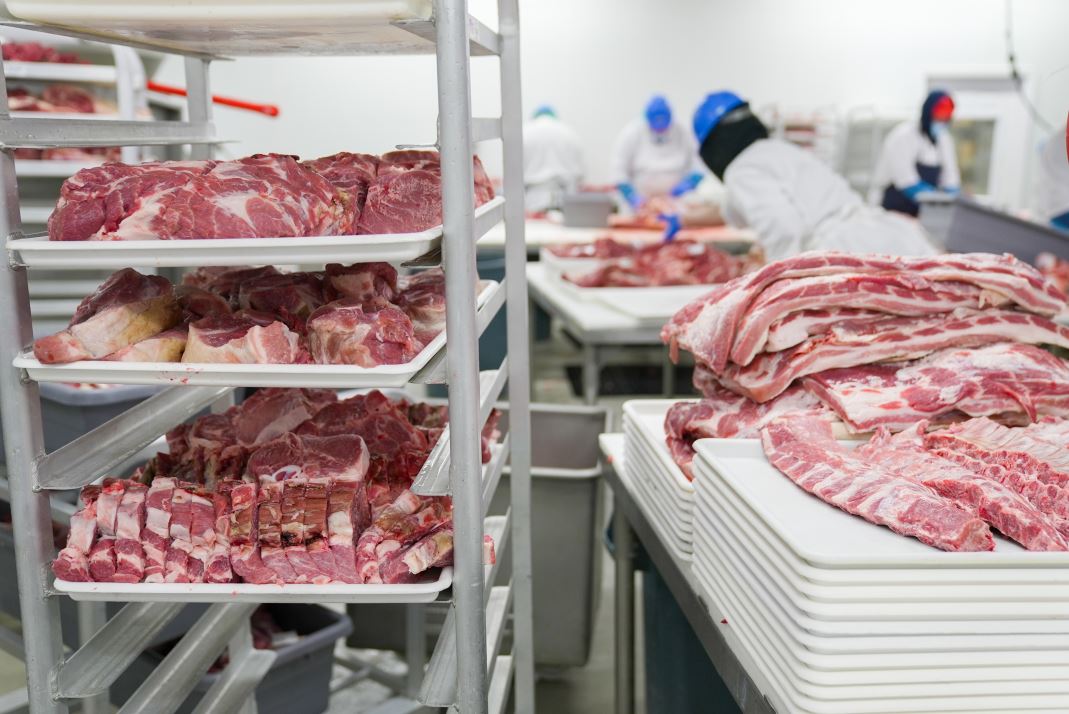Brexit & the UK seafood industry – teething problems or an expensive red herring?

The UK seafood industry has become THE political football of recent years. As the realities and the consequences of the Brexit deal signed just before Christmas become apparent, an entire industry has seemingly risen up and said “Enough!”
Lorry protests in central London briefly blocked the streets of power in the capital last week. Processors, trawler operators and other protagonists in the UK seafood market voiced their displeasure at the new Brexit reality. This despite many areas reliant on the industry having voted to leave the EU.
From Boris Johnson to Nigel Farage, the UK seafood industry was held up during the period leading up to the 2016 referendum as one of the main beneficiaries of leaving the EU. The reality is, at present, quite different. The loss of seamless entry to their biggest market has seen Scottish processors losing as much as £1m per day, Cornish trawlers having their catch left to rot on the dock as “eye-watering” bureaucracy threatens potential collapse across the whole UK market.
But are these issues the mere “teething trouble” the Prime Minister labelled them last week or are they Project Fear turning into the Project Real? The £23m fund set up by the government does seem to be a case of an emergency solution to problems the loudest proponents of Brexit assured the electorate didn’t even exist.
But how vulnerable is the UK seafood industry from this unprecedented (and in some well publicised cases self-inflicted) assault on their main and most important market? According to Plimsoll’s latest analysis of the entire UK market and the hundreds of companies operating in and reliant on it, the answer is extremely vulnerable. Here are some key findings from Plimsoll’s latest assessment of the top 500 companies in the market:
125 companies are rated as Danger – As the market is now facing a deluge of post Brexit red-tape and restrictions to the single market, the ability of those already financially fragile to adapt remains deeply uncertain. The risk that the 72 other companies currently rated as ‘Caution’ by Plimsoll will fall into ‘Danger’ increases with every day the disruption continues.
9 out of 10 previously failed companies were rated as Danger up to two years prior to their demise. While such a rating does not automatically mean failure, it does act as a warning that changes are needed urgently.
Profitability across the market has plummeted to just over 1% - Margins across the market are historically thin. In the latest year, margins have plummet to just 1.4%, the lowest level in more than 5 years.
New bureaucracy and red-tape now the UK is a third country, is likely to lead to rises in operating costs. Without an ability to increase prices, profits will inevitably fall. Domestic demand for the fish caught in British waters is low. With little pricing power and limited scope for new markets, UK seafood companies are cornered.
While the £23m on offer is more than that offered to other UK export-based industries, it remains a mere sticking plaster for an industry locked out of the market it was built on.
Growth has halved over the past two years – Growth in sales had started to stall long before the pen had gone to paper on the Brexit deal. Rates of growth had plummeted to around 3% in the latest trading period compared to near double-digit growth over the preceding years.
While access to the EU market remains more difficult and time-consuming than it was as a member nation, growth is unlikely to return soon. With 90% of the herring caught and processed in the UK destined for plates in the EU, domestic demand cannot pick up enough of the slack.
After the acrimony of the negotiations that led to the current deal, are there any realistic chances of addressing these issues in time to save many of the UK’s worst affected seafood companies? Recent news that both the Prime Minister and DEFRA Minister had not even read the full text of the deal before signing suggests that the answer to this critical question might remain unclear for quite some time.
The seafood industry is not unique. Both the fresh produce and meat industries face a similar scenario of produce spoiling in lorry park and motorways around Dover as the complexity of selling into the EU from a third-country become increasingly painful.
The fresh produce sector exists on equally thin margins and relies on the relatively seamless entry into the huge EU market. Equivalence on regulations and growing fears of a chronic domestic labour shortage are further consequences that are making Brexit extremely expensive for the industry.
Likewise, the meat industry is struggling with the antiquated and often confusing paperwork and regulation outside the EU. Stories abound of meat spoiling in the backs of lorries, particularly chicken and pork meat that must be processed within eight days of slaughter.
Whether these are mere teething problems on Britain’s journey to a bright future or warning signs that “sovereignty” is an awfully expensive red herring, solutions to the current crises must be swift and comprehensive. Bluster and obfuscation may suffice when the consequences are hypothetical. When businesses, livelihoods and communities rely on razor thin margins, delays and half measures could be fatal.
Plimsoll produces individual financial studies across the whole of the food and drink sector. Each study measures the financial performance of every key company within its corresponding market. As the consequences of Brexit and the pandemic become increasingly clear, our continuously updated analysis will allow decision makers to see the companies that are most exposed in the current climate.
A Danger rating from Plimsoll doesn’t mean a company will fail. However, if you headed into the current trading period carrying such a rating, your room to manoeuvre is likely to become more constrained as 2021 progresses.
Visit www.plimsoll.co.uk to find out what the Plimsoll Analysis reveals on your industry and what the future holds for its key companies.


